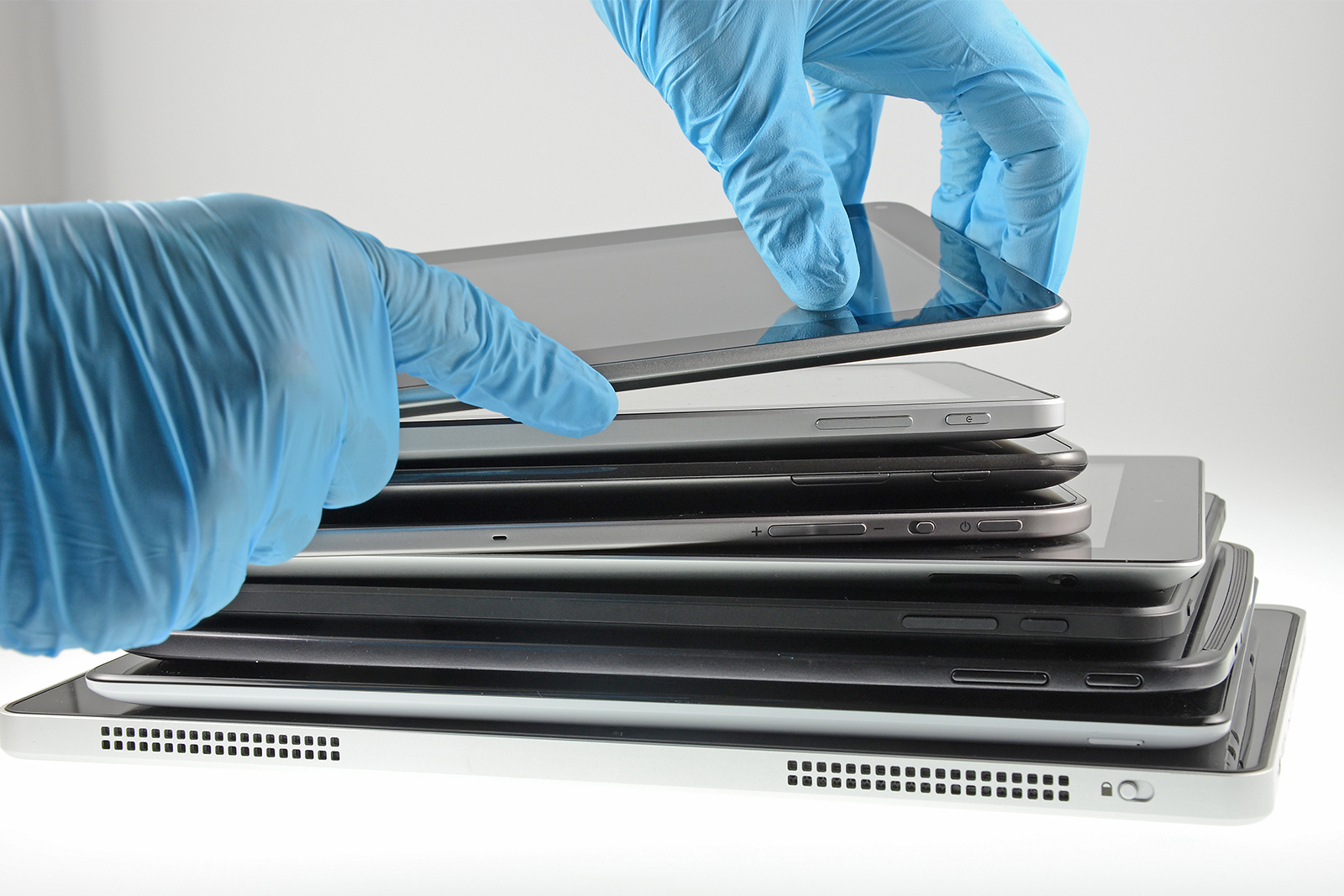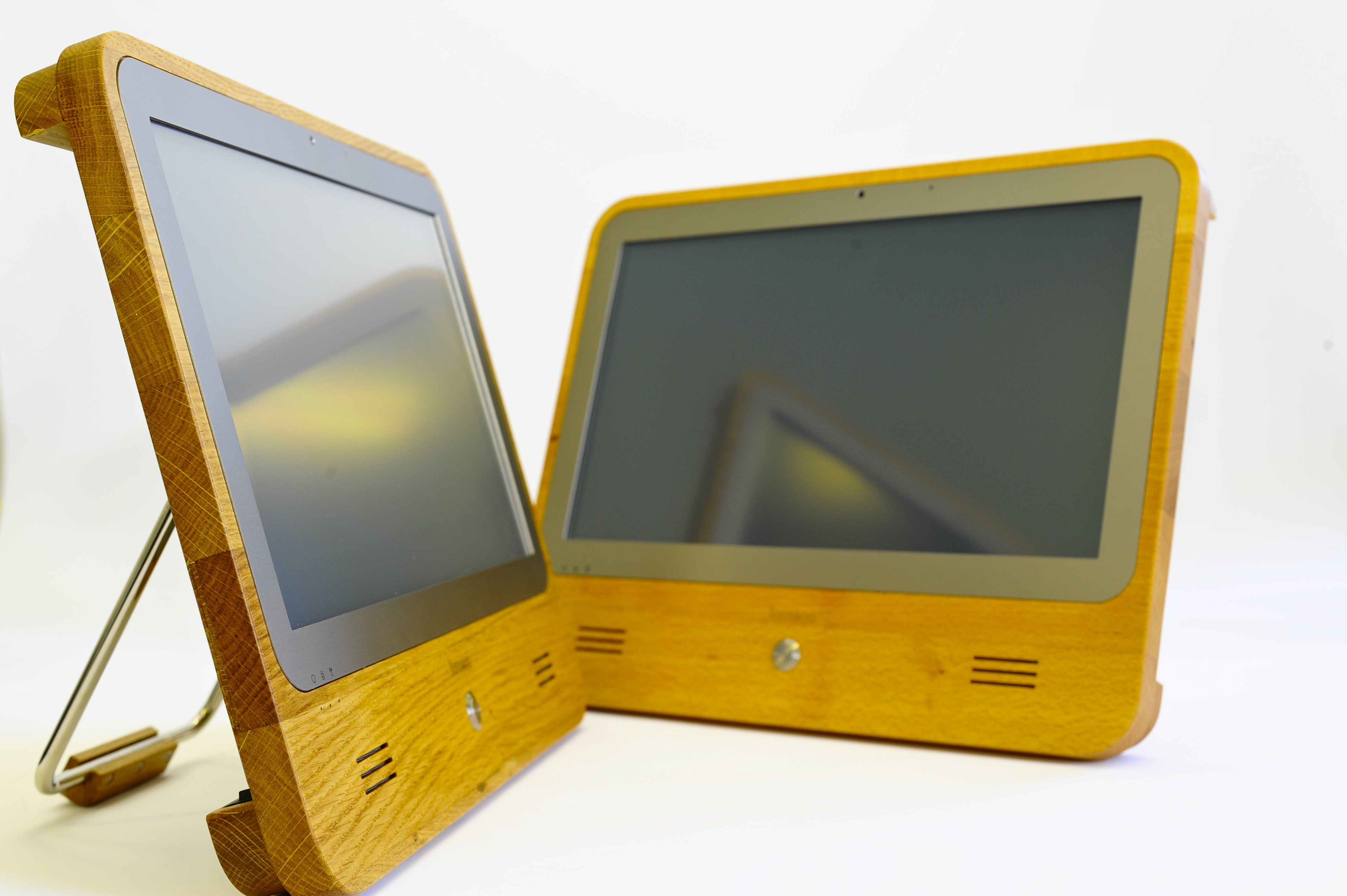Environmental assessment for electronic systems


Evaluation of the environmental performance of products requires detailed knowledge of the design, production and the product’s use. Only then is it possible to ensure that all relevant factors are taken into consideration.
Life-cycle modelling, with LCA or carbon footprint analyses identifies the environmentally relevant life cycle phases and the influential parameters. In addition to issuing own environmental assessments, expertise in methodology and electronics is used to monitor and review external life-cycle assessments in accordance with ISO 14040 and ISO 14044 within the evaluation process.
At Fraunhofer IZM, product category rules are developed for electronics which help to improve the applicability of assessment standards for different products and make it possible to compare results.
Such environmental assessments provide the opportunity detailing the environmental impact resulting from a product., This however involves a laborious procedure. Therefore the IZM has also developed less time-consuming screening indicators such as the TPI (Toxic Potential Indicator) and RARI (Resource Availability Risk Indicator).
In order to minimise environmental impact, it is important to begin in the design phase for new products. By integrating environmental considerations on the basis of the methods of environmental evaluation and product analysis, it is already possible in the early phases of product development to optimise the design regarding environmental aspects.
The environmental evaluation and eco-design group works on:
- Eco-design: Methods and product analyses (environmental optimisation of products, integration of environmental questions in the development)
- Life-cycle modelling (environmental analysis of processes, environmental auditing and critical review, screening, parameterisation for eco-audits)
- Determining carbon footprints of products and their critical review, with product category rules for electronics
- Eco reliability
 Fraunhofer Institute for Reliability and Microintegration IZM
Fraunhofer Institute for Reliability and Microintegration IZM